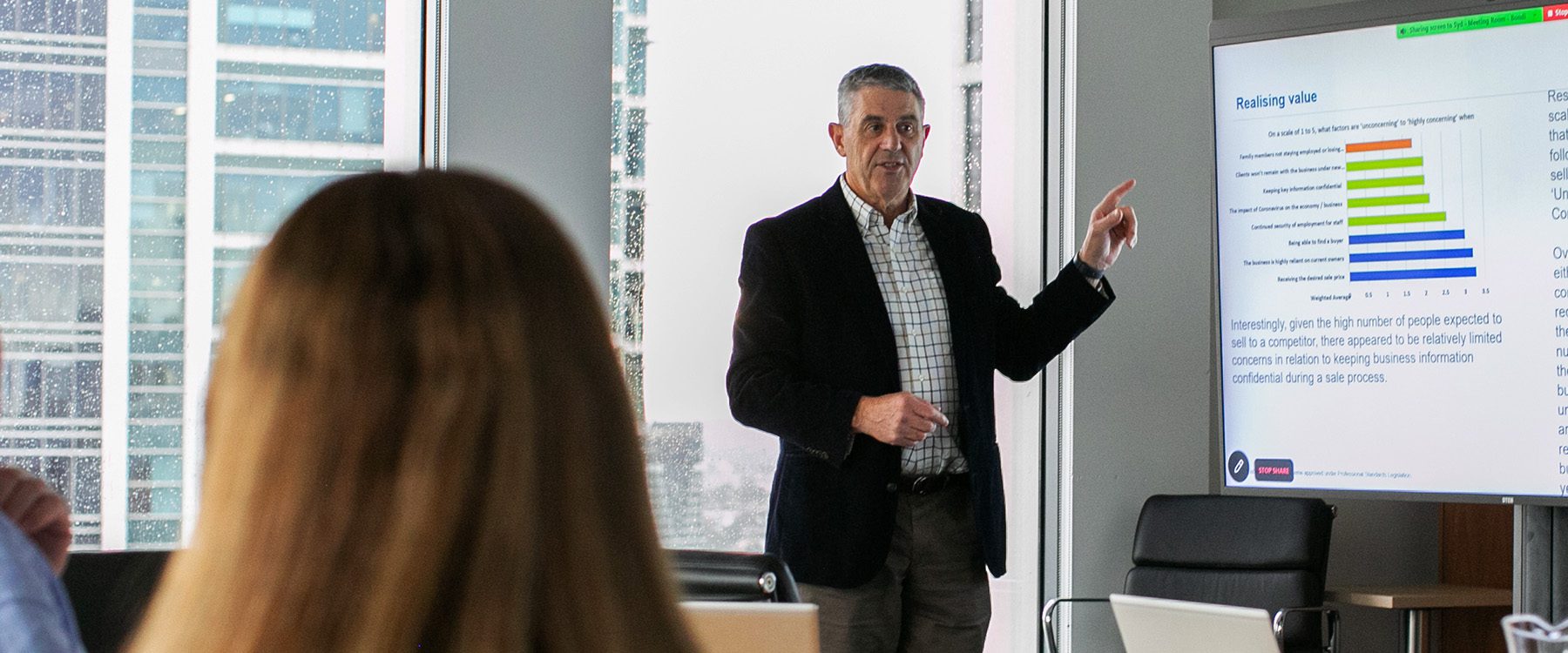A crisis can occur at any time and effective crisis management is one of the most efficient ways of securing an organisation’s assets and reputation. Effective crisis management can help ensure that normal operations can continue with minimal disruption. Strategic planning and stakeholder engagement can help protect an organisation against potential damages and speed up its financial and / or reputational recovery. Well-handled crisis communications can even enhance stakeholder or public trust.
Crisis management vs risk management
Crisis management often involves real-time problem-solving and skilful media relations to manage public perception in response to immediate threats to an organisation. By quickly stabilising operations, a crisis team or crisis management firm can assist entities in swiftly minimising damages. A vital part of crisis management often involves rigorous internal communications to keep staff informed, engaged and on the same page to ensure smooth business operations.
Conversely, risk management is about pre-emptively identifying potential future threats and implementing measures or processes to prevent or reduce the disruption and damages they may incur. This strategic approach involves a continuous risk assessment and adjustment of internal policies to help mitigate these identified risks. Ultimately, an organisation’s preparation contributes greatly to avoiding crises by utilising an agile and proactive strategy instead of reacting to crises when they occur.
Types of Crises
There are several types of crises that affect businesses. Understanding each is key to developing an effective crisis management plan and utilising strategies specific to your business, relative to the crisis. Some common crises are:
- Financial: Economic downturns or financial mismanagement leading to severe financial strain
- Natural Disasters: Earthquakes, floods, bushfires and droughts can cause significant physical and operational disruptions across numerous industries.
- Technological Crises: Cyber-attacks or system failures that compromise data security and operational integrity can severely affect businesses relying on data integrity and accumulation.
- Reputational Crises: Scandals or negative media coverage that can damage a firm’s public image and stakeholder trust.
Why choose William Buck?
Whether it be financial distress, a cyber-attack, security breach, trading halt, or natural disaster affecting your business, our bespoke team has experience working under pressure to help businesses respond appropriately.








































